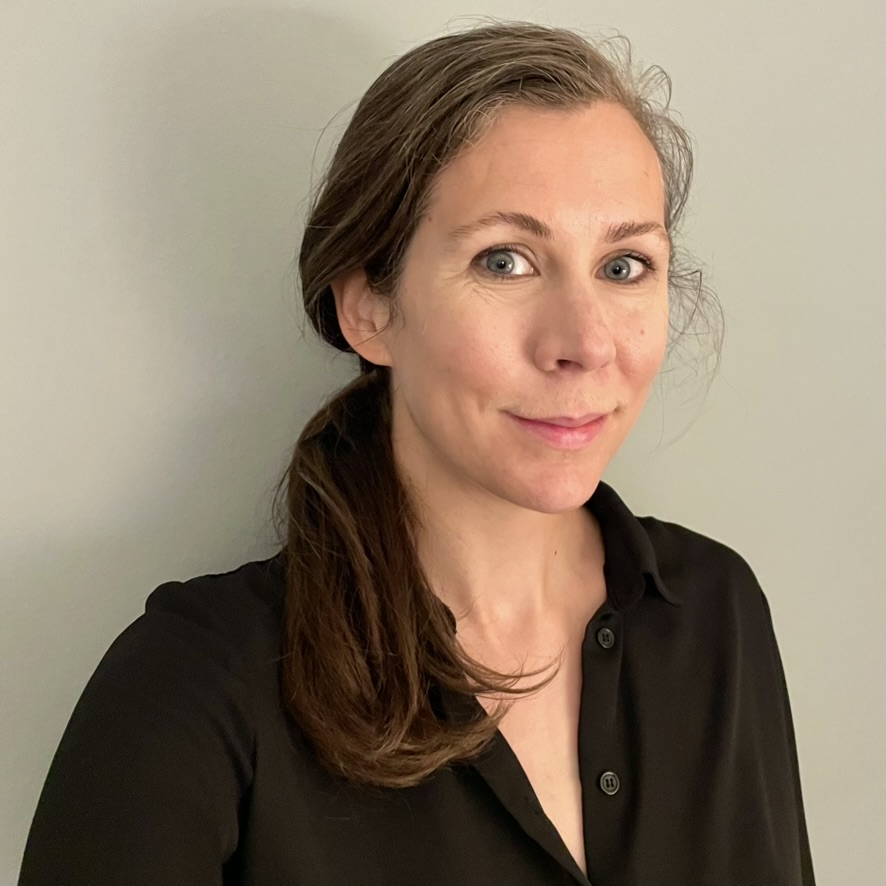Jorden Cunningham

Name:
Jorden Cunningham
MSU Degree:
BA in English, 2006
Other degrees:
BS in Nursing, Baptist Health Sciences University, 2014
PhD in Nursing Science, University of Tennessee Health Science
Center, 2025
Favorite memories of being an undergraduate English major:
I loved picking up my stacks of books from the campus bookstore at the start of the semester. Also, being required to read fiction... What a dream!
Current Position:
Qualitative Research Consultant
Organization:
St. Jude Global
When you graduated with a degree in English from MSU, what were your plans for your future? Has your career path mostly realized those early plans, or have you discovered new plans and goals along the way?
When I graduated, I was very unsure what I wanted to do, but I was drawn to non-profit work. After spending time temping for a while, I ended up working for Miami Book Fair International for several years. I loved working closely with authors and bringing books to the Miami community through reading initiatives. However, after the recession in 2008, I was unsure of what work opportunities I would have after an upcoming move. I decided to go to nursing school for stability and schedule flexibility. This was certainly not what I anticipated as an English major, but it was the right decision for me at the time. I initially worked in the clinical setting, but I found a home in health research. I received my PhD in Nursing Science this year.
What is your current occupation, and what does your work mostly consist of?
I currently work as Qualitative Research Consultant with St. Jude Global. St. Jude Global has the bold mission of improving pediatric cancer survival rates in low-to-middle-income-countries through capacity building. I work with a team that recognizes culture and communication vary widely from community to community, and qualitative research and qualitative researchers are needed to help tailor care to meet these cultural and communication needs. My work (mostly) consists of developing and implementing training materials and project management for some of our qualitative initiatives.
Which skills that you learned as an English major do you use most in your job?
I tell people all the time that my English degree has been invaluable. When I went back to school to get a nursing degree, I quickly realized I was able to think about course content critically and synthesize information from multiple sources in a way most students—and even some instructors—were not. When I switched from a clinical setting into research, these skills continued to work in my favor—just instead of doing lit reviews on literary works, I was doing them on scientific works. My English studies also nurtured curiosity, which is a requirement for researchers.
But I think most significantly, my English degree showed me the value of stories and how they connect us. Well-told stories, transcend space and time and should support empathy. Some texts from my time as a student are coming to mind, specifically: The Edible Woman by Margaret Atwood, Atonement by Ian McEwan, Last Days of the Dog-Men by Brad Watson, and “Nostalgia of the Lakefronts” by Donald Justice.
I am sure this value of stories is why my research has focused on qualitative work. I am hoping to tell stories through science, and support others to do so as well.
Are there common misconceptions about your career field, which current English majors might share, that you have learned the truth about?
Yes! I had many misconceptions about nursing and never would have pursued it other than for practical reasons. I guess a good blanket statement to address misconceptions about working in healthcare would be, there are lots of different ways to work in the healthcare field. Over the years, I have worked with several doctors and nurses who were also English majors. They are always the most well-rounded people on the team!
In what ways does your career enrich your life and help you to achieve your personal as well as your professional goals?
I am thankful to be in a role where my knowledge is always growing, and our team is contributing to knowledge through various channels around the globe. Personally, I hope I can always find ways be more curious and more empathetic, and my current role supports these ideals.
What advice do you have for undergraduate English majors right now who might want to follow the career path you did?
I did not have it all figured out early, and you do not need to either. Your English studies will give you skills that are transferable to a vast, vast array of work. I worry that the number of individuals who can critically synthesize information and communicate well is declining. Your English degree will prepare you in unique, valued, and respected ways.
[Updated August 2025]